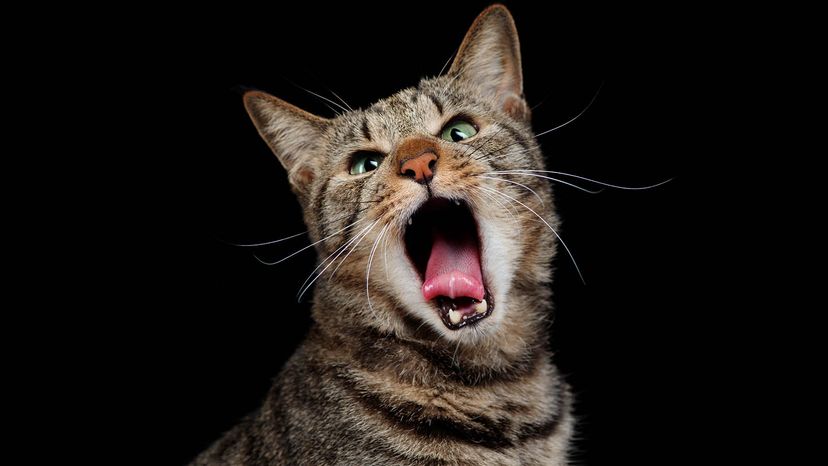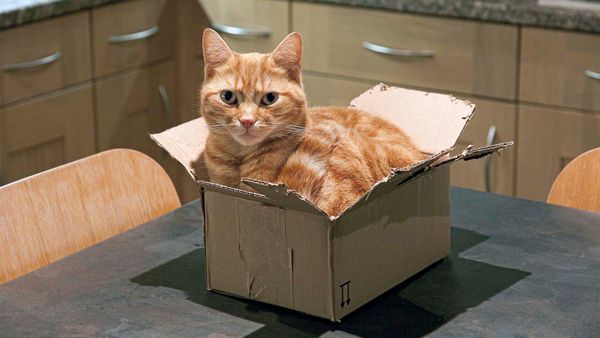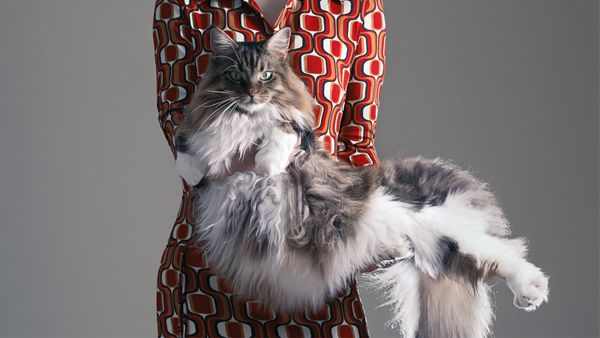
There's nothing like being jolted awake in the darkest hours of the night by an otherworldly yowl. Your sleepy brain runs through the possibilities: Ghost? Banshee? Ax murderer's rampaging cry?
Then you wake up enough to realize it's just your elderly cat howling and yowling as she roams through the house. Why do old cats yowl? Why at night? And is there anything to be done about it? We've got answers.
Advertisement
Cats can begin this yowling behavior once they're past about 8 years old. This sound is different from the sounds they've been making their whole lives — purring, chirping, meowing persistently while sitting next to an empty food bowl. This yowl doesn't seem to be an attempt to communicate with you. It seems as aimless as the cat's wandering.

